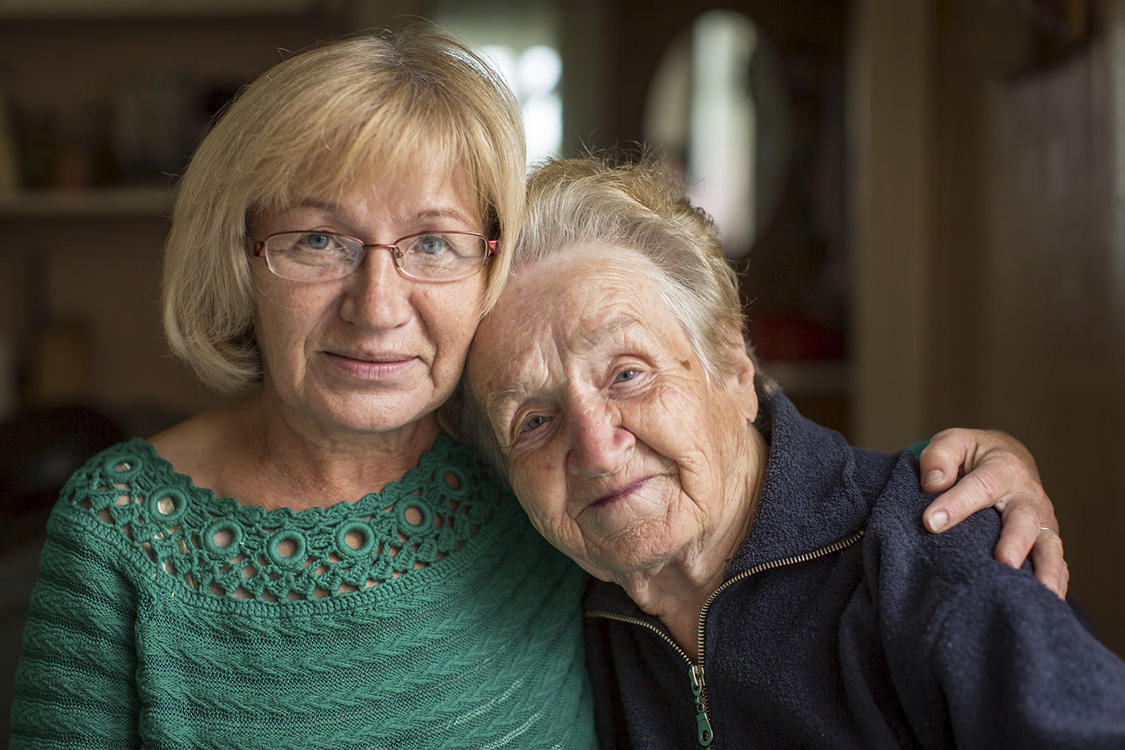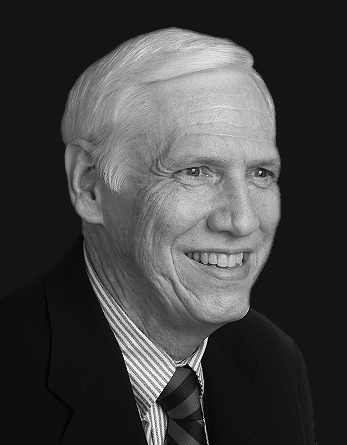
An interview with Dr. Howard Eyrich
How can I possibly cope with caring for my parents? Can we even afford the cost of caring for them?”
These are common—and burdensome—questions middle-aged adults often face as their aging parents become less capable of caring for themselves. How should pastors help these individuals? Here are some suggestions from Dr. Howard Eyrich, a pastoral counselor with specialized training in gerontology.
Help adult children process their reactions to caring for their parents
Some adult children respond with fear
To caregivers fearful of what this responsibility might entail, Dr. Eyrich offers two suggestions:
“The first thing you should do is listen. Ask a lot of questions to discern precisely what it is they’re being fearful of. Determine if fear is a general tendency of theirs or if it is limited to specific types of challenges, such as this one. And then find out about their personal walk with Christ. How do they deal with daily life in terms of being Christian?
“The second thing you can do is go to a passage like Philippians 4:4–9 and walk them through its injunctions to deal with anxiety. (Fear and anxiety are twin sisters. They’re a little bit different, but the way you deal with them is very similar.) You might also go to David when he was on the run from Saul and living in a cave and correlate that with his psalms where he talks about handling his fear. How does he talk about handling the anxiety he walked with as he was fleeing for his life and trying to protect himself?”
Some adult children respond with anger
In some cases, elderly parents have lived their lives recklessly or have stubbornly refused to prepare for the future, and their adult children struggle with anger. How might you help them? Dr. Eyrich advises:
“First, you should consider: are they prone to be angry people in general? If so, then you really can’t help them with this specific situation without helping with the general tendency to be angry. Where’s that anger tendency coming from? What motivates it? What are they reacting to in the past that has become a pattern in their life? What is their attitude toward God in tough situations?
“But such a general tendency toward anger might not be the case. I counseled a lady in our church who was usually a very calm, mild-mannered person. But when she got in this situation, she had to deal with three siblings who lived out of town. Those siblings were always criticizing everything she did with their mother. In addition, her mother was always reacting negatively to whatever she tried to do. And quite honestly, most of what she was trying to do is what she should have been doing. She just got to the place where she just blew up at her mother one day—it was totally out of character for her.
“So then we talked through her situation. How do we move into such sinful reactions? What do we do about that? What is the proper way to deal with these siblings? What is the proper way to process this criticism that is totally unjustified? The criticism they were offering was out of ignorance. How do you process that?
“In this case, I had her go back and read the book of Proverbs and pick out verses that struck her as important wisdom and instruction for her situation. And she was a pretty good reader and familiar with her Bible, so I could give her that kind of a big assignment in her case. And she did it and did it well, and it was really helpful for her to begin to pick up some wisdom responses to criticism that’s uncalled for.”
Some adult children respond with guilt
Many of these folks have a real sense of guilt when they move their parent into a nursing home. In these cases, Dr. Eyrich says, the guilt often is a carryover from years ago when nursing homes were looked at as dumping grounds. But they’re not dumping grounds in today’s market. Most are fairly well kept and fairly well regulated. He says people need to visit potential nursing homes and ask questions about the operations of the facilities:
“We encourage the adult children to take the parent to visit. Again, there are exceptions to that, but generally speaking, take the parent to visit, have a meal there together, introduce them to the folks who might be working with them, etc.”
Connect adult children with outside resources to help them in their role
Resources in the church
“Help them find possible resources in the church. Whether yours is a church of a hundred or a church of ten thousand, the body of Christ should work the same way. The way you organize these efforts might differ, but the functionality should be the same.
“There ought to be people in the church who can assist and encourage those who are caring for an elderly parent. Look for one person who’s walked this pathway pretty well. Ask that one that’s walked it well to come to a couple of counseling sessions with the other person so that they can become a mentor or an advocate. Or perhaps there’s a doctor in the congregation who would be willing to do a little pro bono work and help evaluate the elderly parent. Be a facilitator for identifying who might be able to help, and then connect them to one another.
Resources in the community
“There’s a variety of resources in the community as well, and any pastor with an older congregation needs to become very familiar with what’s out there that can be tapped. Let’s face it: we have all paid into the Social Security system, so we all should not feel badly about tapping into it when we have need to tap into it.
“Here is something pastors might not be aware of. They can try to find a gerontology (geriatric care) consultant, if possible. Gerontology consultants are professionals trained to deal with the issues of aging. They have a good knowledge of:
- Government resources and how to access them.
- Lawyers who specialize in elder law. These lawyers are important when adult children have to draw up guardianship papers or establish power of attorney for their parents.
- Physicians in the area who specialize in geriatric medicine or palliative care. They will be able to give guidelines on dealing with funeral directors for advanced planning purposes.
- Hospice operations in the area. Hospice today is different than it was originally. Originally, hospice was a service only called in when somebody was two weeks away from dying. That’s not true anymore. A gerontology consultant could help a pastor understand the hospice care in their area, what that looks like, and who pays for it.”
Encourage adult children to put their faith into action
The challenges of caring for an aging or ailing parent can be difficult, confusing, and sometimes overwhelming. But they are not new. Caring for one’s elderly parents is an element of godly living seen in both the Old and New Testaments.
Honor your father and your mother, as the Lord your God has commanded you, so that you may live long and that it may go well with you in the land the Lord your God is giving you. (Deut. 5:16)
Honor widows who are truly widows. But if a widow has children or grandchildren, let them first learn to show godliness to their own household and to make some return to their parents, for this is pleasing in the sight of God.… But if anyone does not provide for his relatives, and especially for members of his household, he has denied the faith and is worse than an unbeliever. (1 Tim. 5:3–4, 8 ESV)
Religion that is pure and undefiled before God, the Father, is this: to visit orphans and widows in their affliction, and to keep oneself unstained from the world. (James 1:27 ESV)
These passages remind us that loving and honoring our parents are opportunities to show the rest of the world what it means to be part of the family of God. The challenges might still remain, but they take on a new and eternally significant value.

